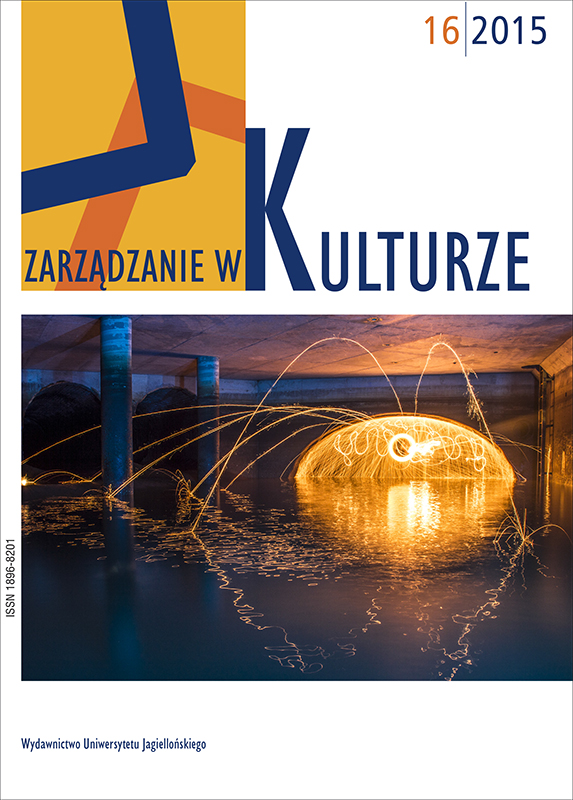Dziedzictwo bez dziedziców? Religijne i materialne dziedzictwo kulturowe mniejszości pochodzenia wołoskiego w Europie w kontekście projektu interdyscyplinarnych badań (przyczynek do tematu)
Heritage without Heirs? Tangible and religious cultural heritage of the Vlach minority in Europe in the context of an interdisciplinary research project (a contribution to the subject)
Author(s): Ewa KocójSubject(s): Anthropology, Social Sciences, Sociology, Sociology of Culture
Published by: Wydawnictwo Uniwersytetu Jagiellońskiego
Keywords: Tangible cultural heritage; Heritage without Heirs; Vlachs (Aromanians); the specific characteristics of the Vlach culture; multiculturalism; ethnic minorities in Europe; stateless community
Summary/Abstract: The revival of topics concerning the UNESCO cultural heritage, which emerged at the end of the 20th century, poses many questions with reference to the need, essence, and discourse on the subject as well as areas beyond it. One of these questions seems to concern the cultural heritage of the nationless communities in Europe, which were doomed to assimilation, persecution or even oblivion in the second part of the 20th century. In recent times, the critical research trend on cultural heritage has pointed out that the essence of heritage is a choice which transforms cultural achievements into “our heritage” – the areas of culture that we choose and often protect and pass on to next generations. However, beyond “our protection,” there is a realm of “oblivion” which may include “alien” tangible and intangible objects about which we do not care, which do not matter to us and which we do not want to pass on to our heirs. It is a space of all forms of “our” degradation and marginalization of “alien legacy,” a space where we often let this legacy to become forgotten. It can be stated that the example of Vlachs perfectly illustrates the complex processes related to cultures which were overwhelmingly subjugated by their neighbors and lost the fight. A neighbor, usually representing the culture of the majority, was stronger culturally, economically, politically and often militarily, too. The following article focuses on the phenomena which classical anthropology used to inspect, claiming that its role is to protect what is fading into oblivion. Thus, the analysis of the Vlach culture presented herein refers to a much wider reflection, which is a synergy of ethnography, ethnology and cultural anthropology, and to the critical studies on heritage which are emerging in Poland. This presentation will analyze the principal problems concerning the research on the cultural heritage of displaced communities in Europe from the perspective of the Vlach minority. Based on the field research conducted in several countries of Europe (e.g. Greece, Macedonia, Romania, Ukraine, Slovakia and Poland), I will present the main classification of the Vlach tangible heritage with special attention paid to the most important cultural monuments, including religious building developments (churches, icons, small religious architecture). I will portray difficulties found in protecting this heritage and the role of cultural institutions in its preservation and exposition
Journal: Zarządzanie w kulturze
- Issue Year: 16/2015
- Issue No: 2
- Page Range: 137-150
- Page Count: 14
- Language: Polish

